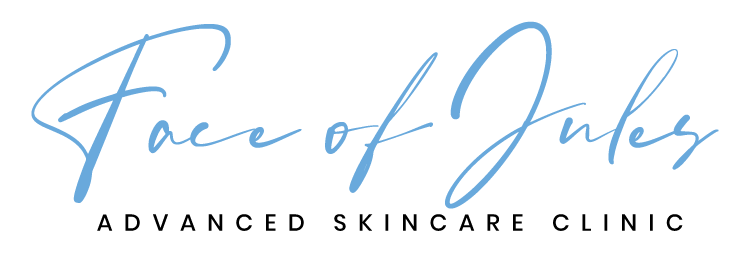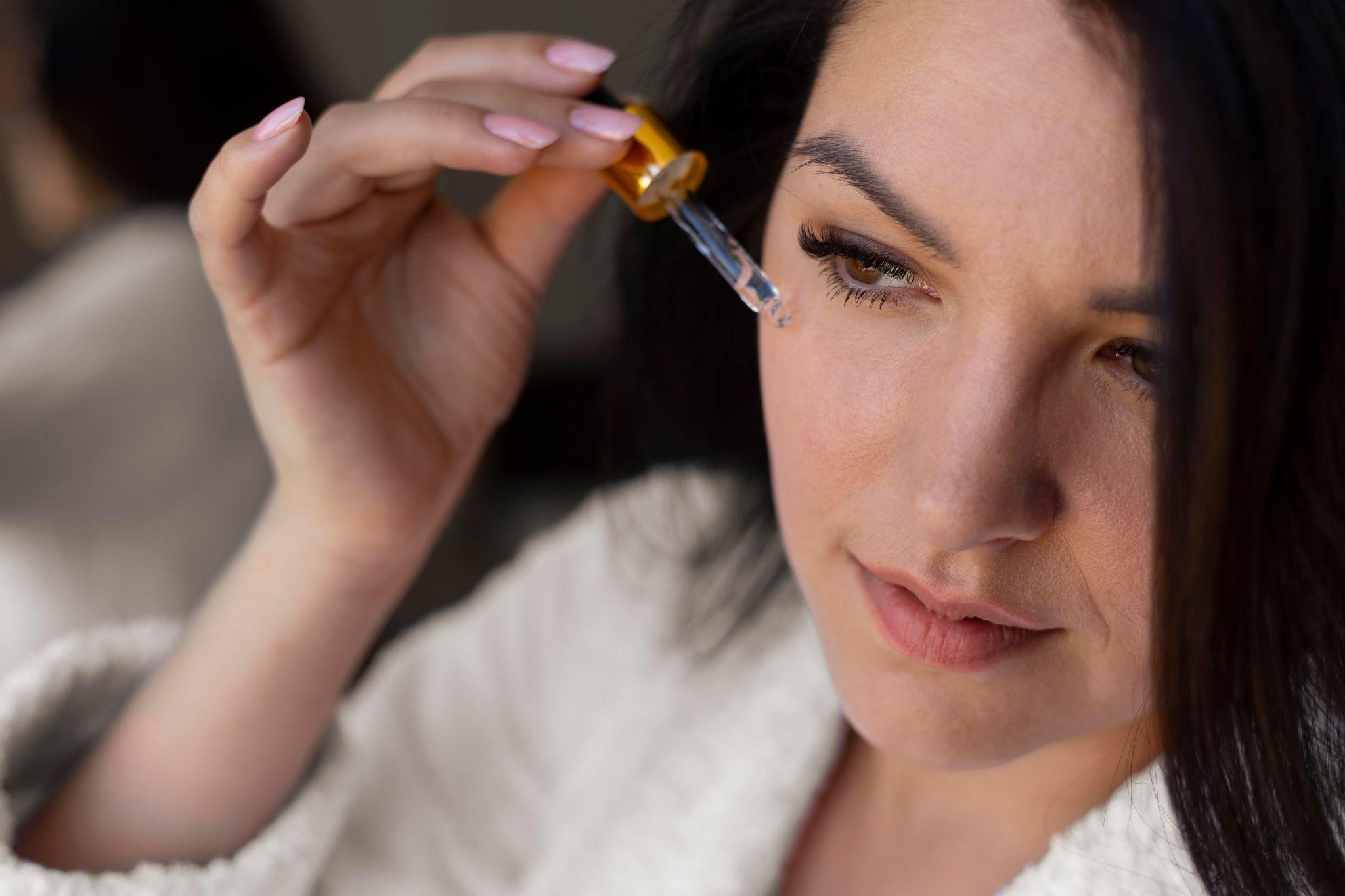In the past, the idea of using oil on your face, especially if you have acne-prone skin, may have sounded counterintuitive. However, the beauty industry has experienced a significant shift, with facial oils becoming a staple in many skincare routines. They harbor a power that is often underestimated and misunderstood, and it’s time to shed light on their importance.
Facial oils are highly concentrated plant-based products that possess essential nutrients, fatty acids, and antioxidants for the skin. They offer a plethora of benefits, ranging from moisturizing and nourishing to healing and protecting. Today, we’re focusing on one crucial aspect of their power – their effectiveness in treating acne.
Before we delve into the specifics, it’s important to debunk a common myth: oils cause acne. This is a misconception. Not all oils are created equal, and while some can indeed clog pores and trigger acne, others can be beneficial in managing and treating this skin condition.
Understanding Acne: Causes and Effects
Acne is a common skin condition that affects people of all ages, though it’s particularly prevalent among teenagers. It’s characterized by pimples, blackheads, whiteheads, and in severe cases, cysts. Acne occurs when your hair follicles become clogged with oil and dead skin cells.
Several factors contribute to the development of acne, including hormonal changes, diet, stress, and certain medications. It’s not just a cosmetic concern; acne can also have profound psychological effects, leading to low self-esteem and depression in some cases.
While acne is generally not a serious health threat, it can lead to scarring if not properly treated. Therefore, finding an effective solution is crucial, and that’s where facial oils come into play.
The Role of Facial Oils in Acne Treatment
Facial oils can play a significant role in acne treatment. Contrary to the widespread belief, they don’t necessarily exacerbate acne; in fact, certain oils can help combat it. Their effectiveness lies in their ability to moisturize the skin, balance sebum production, and possess antibacterial properties.
When your skin is dehydrated, it overcompensates by producing more oil, which can lead to clogged pores and acne. By keeping your skin properly hydrated, facial oils can help regulate oil production. Moreover, many facial oils have anti-inflammatory and antibacterial properties that can help soothe inflammation and fight acne-causing bacteria.
Benefits of Using Facial Oils for Acne
There are numerous benefits to using facial oils for acne. They not only help in reducing inflammation and redness associated with acne but also aid in the healing process. By providing hydration, they can help balance oil production, preventing the formation of new acne.
Facial oils also promote skin regeneration, helping to heal acne scars and improve overall skin texture. Furthermore, they are packed with antioxidants that protect the skin from environmental damage, reducing the likelihood of breakouts.
Best Facial Oils for Acne Treatment
Not all facial oils are suitable for acne-prone skin. It’s crucial to choose non-comedogenic oils that won’t clog your pores. Some of the best facial oils for acne treatment include Tea Tree Oil, Rosehip Oil, and Jojoba Oil.
Tea Tree Oil is known for its potent antibacterial properties, making it effective against acne-causing bacteria. Rosehip Oil is rich in linoleic acid, which can help reduce acne and promote skin regeneration. Jojoba Oil closely resembles human sebum and can help balance oil production, preventing future breakouts.
How to Use Facial Oils for Acne: Step-by-Step Guide
Using facial oils for acne treatment involves more than just slathering them onto your skin. It’s crucial to incorporate them into your skincare routine correctly for maximum benefits.
Firstly, cleanse your skin thoroughly to remove any dirt or makeup. Then, apply a toner to balance your skin’s pH levels. After this, apply your acne treatment product if you have one. Once this is absorbed, you can then apply your facial oil. Remember, less is more – a few drops should suffice. Gently massage the oil into your skin and give it time to absorb before applying any other products.
Customer Reviews: Success Stories Using Facial Oils for Acne
Many individuals have experienced significant improvements in their acne after incorporating facial oils into their skincare routine. Numerous customer reviews and success stories attest to the power of facial oils in acne treatment.
For instance, one customer shared how Tea Tree Oil drastically reduced her cystic acne within a week. Another highlighted how Rosehip Oil faded her acne scars and improved her skin texture. These stories serve as evidence of the effectiveness of facial oils in treating acne.
Precautions When Using Facial Oils for Acne
While facial oils can be beneficial for acne treatment, it’s important to use them correctly to avoid potential issues. Firstly, always patch test a new oil on a small area of your skin to check for any allergic reactions. Secondly, remember to apply facial oils after water-based products, as they can help seal in the moisture.
Avoid using too much oil, as this can lead to an oily complexion and potential breakouts. Finally, not all facial oils are suitable for all skin types. It’s important to choose a facial oil that aligns with your skin type and acne condition.
Conclusion: Embrace the Power of Facial Oils
In conclusion, facial oils can be a powerful tool in the fight against acne. They offer numerous benefits, from reducing inflammation and balancing oil production to promoting skin regeneration and protecting against environmental damage.
While the idea of using oil on acne-prone skin may seem daunting, it’s important to remember that not all oils are created equal. By choosing the right facial oil and using it correctly, you can unlock its power and pave the way for clear, healthy skin.

